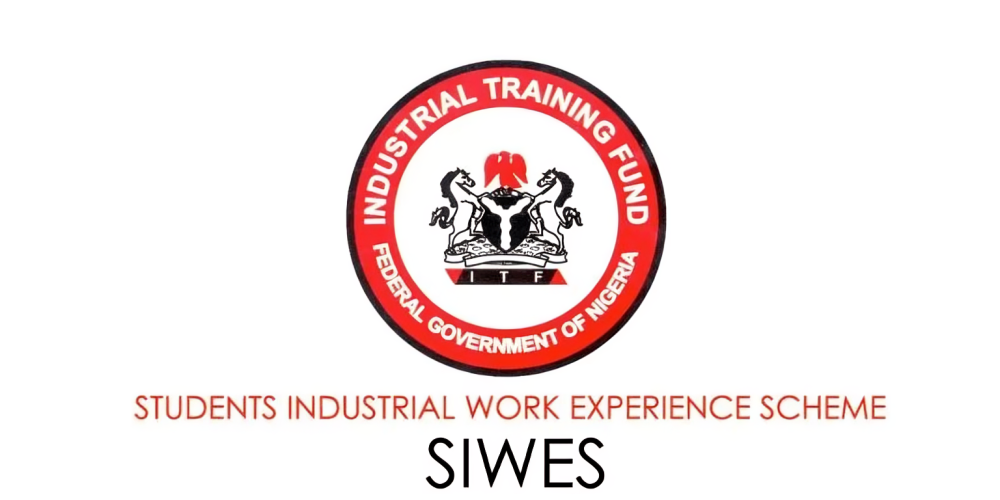Established in 1971, the Industrial Training Fund has operated consistently and painstakingly within the context of its enabling laws Decree 47 of 1971 as Amended in the 2011 ITF ACT. The objective for which the Fund was established has been pursued vigorously and efficaciously. In the four decades of its existence, the ITF has not only raised training consciousness in the economy, but has also helped in generating a corps of skilled indigenous manpower which has been manning and managing various sectors of the national economy.
Over the years, pursuant to its statutory responsibility, the ITF has expanded its structures, developed training programmes, reviewed its strategies, operations and services in order to meet the expanding, and changing demands for skilled manpower in the economy. Beginning as a Parastatal “B” in 1971, headed by a Director, the ITF became a Parastatal “A” in 1981, with a Director-General as the Chief Executive under the aegis of the Ministry of Industry. The Fund has a 13 member Governing Council and operates with 10 Departments and 4 Units at the Headquarters, 38 Area Offices, 4 Skills Training Centres, and a Centre for Industrial Training Excellence.
At establishment, it was discovered that the widest skills gap that existed was in the area of vocational and technical skills. The Fund, therefore, developed the National Apprentice Scheme (NAS) in the late 70’s to provide the policy framework and facilitate our Apprenticeship programmes nationwide.
Today as Nigeria is experiencing significant economic changes, we embarked on a structural reorganization and expansion of the scope of our operations to effectively cover the whole country. To complement the efforts of employers to improve the proficiency of their staff, the ITF has developed and built its internal capacity, which has positioned it at the forefront of industrial skills training in Nigeria.
“In response to population explosion and the phenomenon of rising youth unemployment, we developed short term vocational skills training programmes that have trained hundreds of thousands of Nigerians across the Federation.”
Our performance as a corporate entity hinges on the strategic investment we have made to improve our system and people. These investments cover everything from the building and maintenance of skills training centres to procuring the equipment and technologies to run these centres.
The Students Industrial Work Experience Scheme (SIWES) is a Skills Training Programme designed to prepare and expose Students of Universities, Polytechnics, Colleges of Technology, Colleges of Agriculture and Colleges of Education for the Industrial Work situation they are likely to meet after graduation. The Scheme affords Students the opportunity of familiarizing and exposing themselves to handling equipment and machinery that are usually not available in their Institutions.
Before the establishment of the Scheme, there was a growing concern that graduates of our Institutions of higher learning lacked adequate practical knowledge and that the theoretical education in Higher Institutions was not responsive to the needs of the Employers of Labour.
It is against this background that the Industrial Training Fund (ITF) initiated, designed and introduced SIWES Scheme in 1973 to acquaint Students with the skills of handling Industrial equipment and machinery.
Source: ITF


